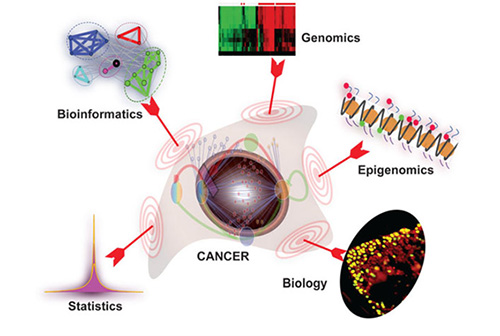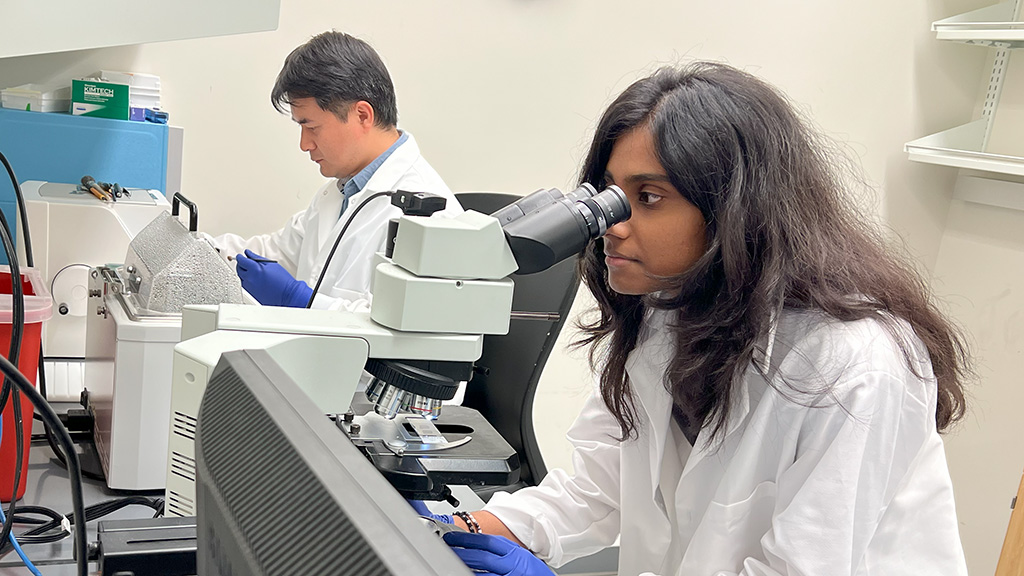Unraveling Genetic and Epigenetic Mechanisms
The lab, under Dr. Yu's guidance, has achieved several significant milestones:
-
Characterizing the Roles of EZH2: The lab has delineated the multifaceted roles of EZH2, shedding light on its function as both an epigenetic and non-epigenetic regulator of prostate cancer.
-
Defining FOXA1's Dual Roles: Through their research, the lab has elucidated the dual nature of FOXA1. This transcription factor plays a crucial role in reprogramming the androgen receptor (AR) while also acting as a suppressor of SLUG, TGF-β signaling, and IL-8 expression.
-
Unraveling HOXB13's Impact: Dr. Yu’s team has uncovered how the loss and mutation of HOXB13 induce lipid metabolism alterations in prostate cancer. This discovery has illuminated its contribution to cancer metastasis.
These breakthroughs have paved the way for therapeutic interventions targeting downstream pathways associated with EZH2, FOXA1, and HOXB13. Notably, some of these interventions have progressed to clinical trial stages.

Expanding Pathways to Therapeutic Advancement
At present, the lab is dedicated to understanding how these intrinsic tumor factors influence the tumor microenvironment and dictate responses to immunotherapy. Leveraging cutting-edge technologies such as single-cell sequencing, spatial transcriptomics, and Nanopore long-read sequencing, the lab aims to unravel the molecular intricacies of genitourinary cancers.
The overarching goals include identifying prognostic and therapeutic biomarkers, as well as developing innovative approaches for treating advanced diseases.


